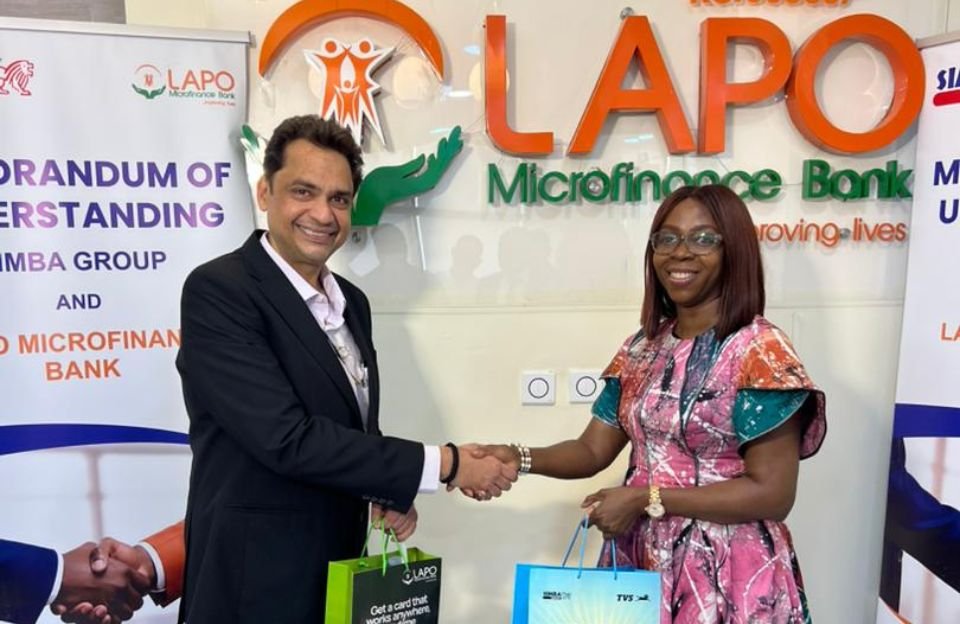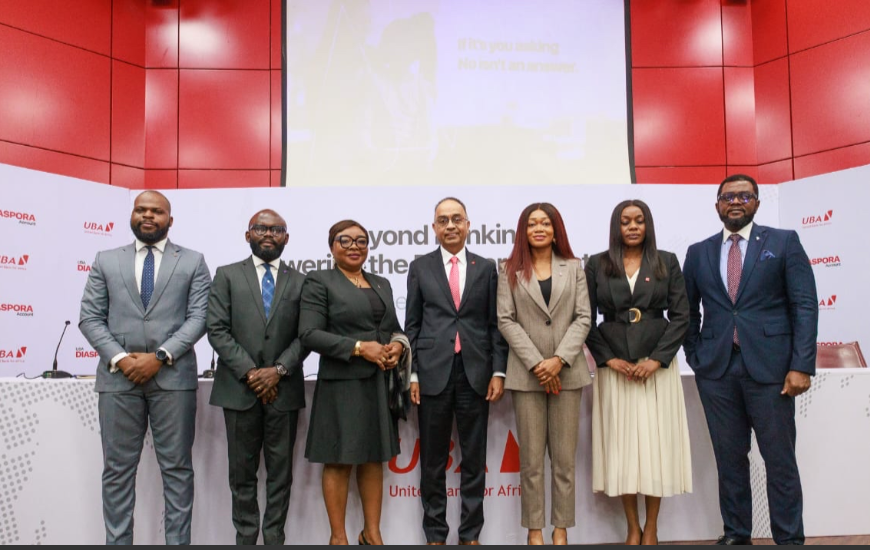

Nigeria: ECOWAS Empowers Nigerian Women with Training in Intra-African Trade
The Economic Community of West Africa (ECOWAS) has recently hosted a training initiative targeting Nigerian women, designed to equip them with crucial skills required for effective involvement in prosperous intra-African trade activities.
The event, titled “Capacity Building for the Federation of Businesswomen West Africa on Gaining Access to Regional and Continental Markets within the Trade Regime,” took place in Lagos.
During her opening remarks, Alaba Lawson, the President of The ECOWAS Federation of Businesswomen and Entrepreneurs, said, “The fundamental aim of this occasion is to guarantee the active involvement of women from the ECOWAS region within the African Continental Free Trade Area, streamlining the seamless flow of our merchandise. It’s vital that we jointly tackle any obstacles that emerge and strategically position ourselves ahead of other areas in terms of our engagement with the AFCFTA.
Raymond Dagana, the Trade and Private Sector Adviser at Deutsche Gesellschaft für Internationale Zusammenarbeit, noted, “The primary aim of the Trade Facilitation West Africa Programme is to enhance the fluidity of regional and global trade by diminishing time and cost-related obstacles. We work closely with stakeholders to streamline trade registration and documentation procedures, ensuring the effective flow of goods.
Wale Cole, the President of the Lagos Chamber of Commerce and Industry, highlighted in his keynote speech that the AFCFTA stands as the largest free trade zone globally, uniting 55 nations within the African Union and its regional economic communities.
He explained that the overarching objective of the AFCFTA is to establish a unified continental market, encompassing a population of 1.3 billion individuals and boasting a combined Gross Domestic Product of approximately $3.4 trillion.
Cole stressed, “The success of this agreement hinges on the resolute commitment of Africans. External countries that have perceived us as reliant on them and contributing to their economies will likely not support the success of this agreement.”
He expressed gratitude towards the African leaders who pioneered the trade agreement, highlighting the significance of dedication in attaining success.
Cole underscored the importance of commitment while acknowledging that external countries might not wholeheartedly back the agreement due to its potential to reduce dependency.
He pointed to the presence of dynamic regional and continental trade agreements and stressed the necessity of informing the private sector as well. “Comprehending these intricate trade arrangements is essential before engaging in trade activities. The Continental Trade Agreement serves as a guiding framework,” he elaborated.
He mentioned that trade holds advantages for both businesses and governments, with the United Nations Conference estimating a potential GDP growth of $116.1 billion through the comprehensive implementation of AFCFTA, which would significantly enhance the well-being of citizens in participating countries.
Cole highlighted that female-led enterprises encounter challenges within regional trade. This is the reason why the LCCI has been active in disseminating information and conducting workshops, all aimed at enhancing access to markets for such businesses.
“This is a commitment that each one of us must uphold and ensure the successful implementation of the AFCFTA contract agreement, in the best interest of Africans. We aspire to generate trillions of US dollars through trade between African nations. However, we should be aware that Europeans and Americans may attempt to impede its success. As Africans, we must unite,” emphasized the President of the LCCI.
He continued by highlighting that the agreement’s impact would involve dismantling trade barriers and amplifying intra-African trade, particularly in sectors that add value. The AFCFTA’s objective is to establish regional value chains, attract investments, and stimulate employment opportunities.
“Effective execution has the potential to elevate Africa’s competitiveness, encourage local empowerment, and foster economic growth. This is a mission that Africans need to accomplish for the benefit of Africa,” he concluded.
















